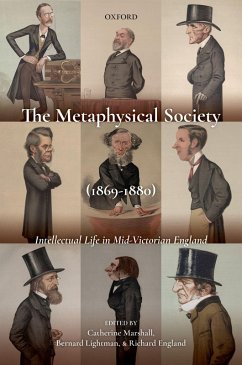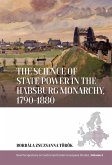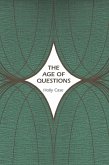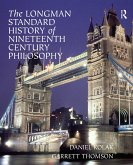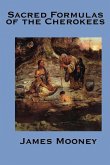The Metaphysical Society was founded in 1869 at the instigation of James Knowles (editor of the Contemporary Review and then of the Nineteenth Century) with a view to 'collect, arrange, and diffuse Knowledge (whether objective or subjective) of mental and moral phenomena' (first resolution of the society in April 1869). The Society was a private dining and debate club that gathered together a latter-day clerisy. Building on the tradition of the Cambridge Apostles, they elected talented members from across the Victorian intellectual spectrum: Bishops, one Cardinal, philosophers, men of science, literary figures, and politicians. The Society included in its 62 members prominent figures such as T. H. Huxley, William Gladstone, Walter Bagehot, Henry Edward Manning, John Ruskin, and Alfred Lord Tennyson. The Metaphysical Society (1869-1880) moves beyond Alan Willard Brown's 1947 pioneering study of the Metaphysical Society by offering a more detailed analysis of its inner dynamics and its larger impact outside the dining room at the Grosvenor Hotel. The contributors shed light on many of the colourful figures that joined the Society as well as the alliances that they formed with fellow members. The collection also examines the major concepts that informed the papers presented at Society meetings. By discussing groups, important individuals, and underlying concepts, the volume contributes to a rich, new picture of Victorian intellectual life during the 1870's, a period when intellectuals were wondering how, and what, to believe in a time of social change, spiritual crisis, and scientific progress.
Dieser Download kann aus rechtlichen Gründen nur mit Rechnungsadresse in A, B, BG, CY, CZ, D, DK, EW, E, FIN, F, GR, HR, H, IRL, I, LT, L, LR, M, NL, PL, P, R, S, SLO, SK ausgeliefert werden.

